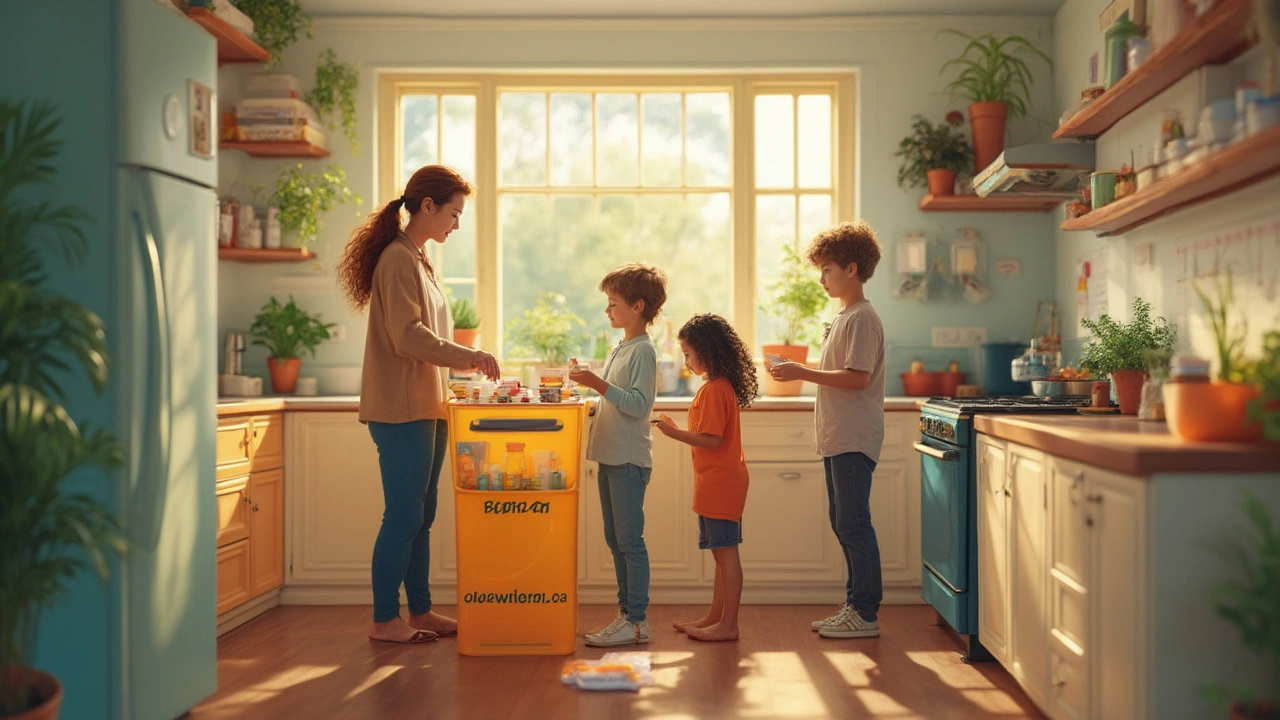Ever wondered what really happens when you toss expired medicines in the trash or flush them down the toilet? It’s not just a small household concern—leftover pharmaceuticals are showing up in rivers, lakes, and even drinking water supplies. That’s not just an urban legend. When people don’t dispose of medications correctly, those chemicals don’t magically vanish; they filter through the environment and can affect wildlife, water quality, and even human health.
Pills don’t lose all their punch after they expire, but they do change. Expired drugs might become less effective or, worse, cause harmful reactions your body isn’t ready for. Imagine popping an old antibiotic for a sore throat, hoping to save a trip to the pharmacy, only to make things harder to treat down the road. Bacteria can adapt; your body might not get the full benefit and you contribute to the problem of antibiotic resistance—a real public health headache.
It’s tempting to hang onto every prescription and over-the-counter bottle “just in case.” But keeping a crowded medicine cabinet comes with risks. Kids and even adults sometimes take the wrong medication by accident when bottles aren’t clearly labeled or are way past their use-by date. Plus, when it’s time to clean out the cabinet, most folks don’t know how to dispose of pills the safe way.
So, what’s the right move? Most pharmacies will take back unused or expired medications and make sure they’re destroyed properly, not dumped in landfills or released into the water. Some local communities host take-back days, and there are also drop-off kiosks in certain stores. Never flush pills unless the label specifically says you can—the majority of them aren’t safe for pipes or waterways.
All this matters not just for the planet, but for your health and safety at home. Picking up habits like only buying what you’ll actually use, storing medicines securely, and returning leftovers instead of keeping them “just in case” makes a real difference. And that goes double when you’re traveling—you want to take only what’s needed, know how to store meds safely, and plan for proper disposal when you’re far from home.
There’s a bigger picture too. The more we rely on quick fixes and medications for every ache, the more we shape the environment around us—sometimes in ways we don’t see until years later. Healthy habits, like a good diet, regular movement, and basic first aid know-how, help reduce the need for meds in the first place. Still, when you need them, use them responsibly, and help keep your house, your loved ones, and your community safe for the long run.

Concerned about expired meds harming the planet? Learn smart ways to dispose of old pills without trashing the environment. Get practical, safe tips.